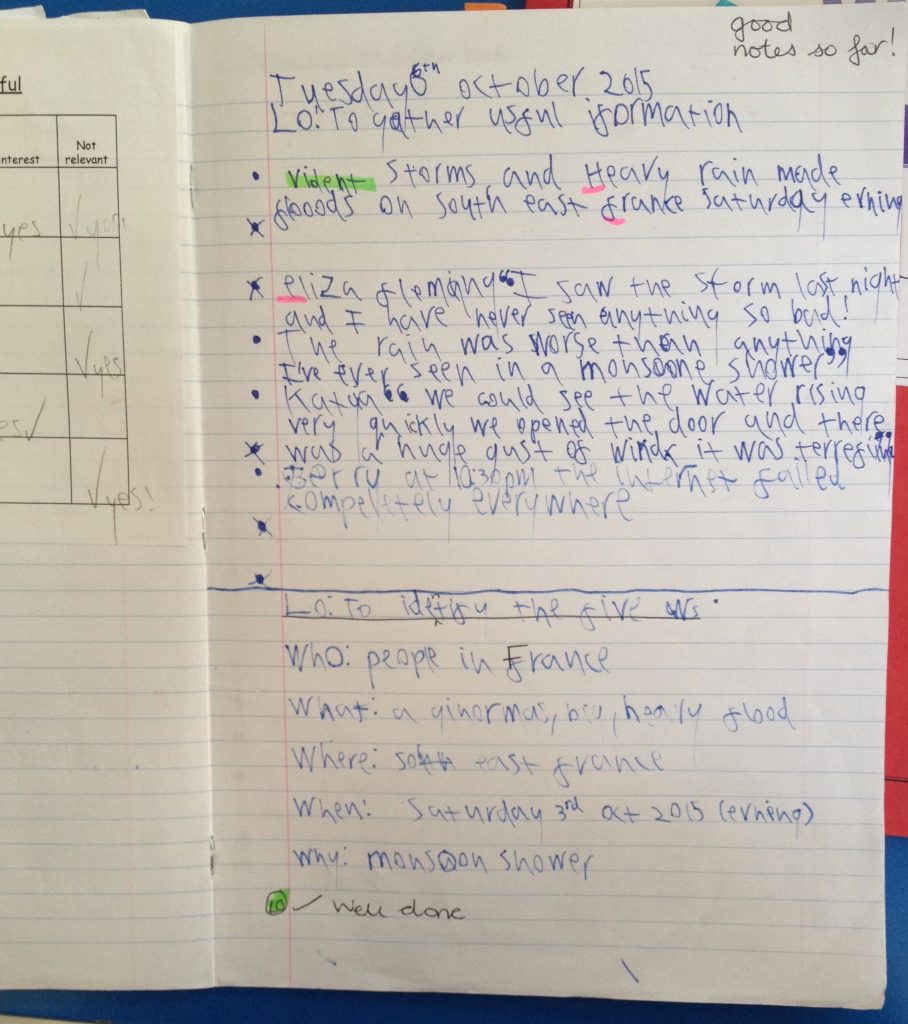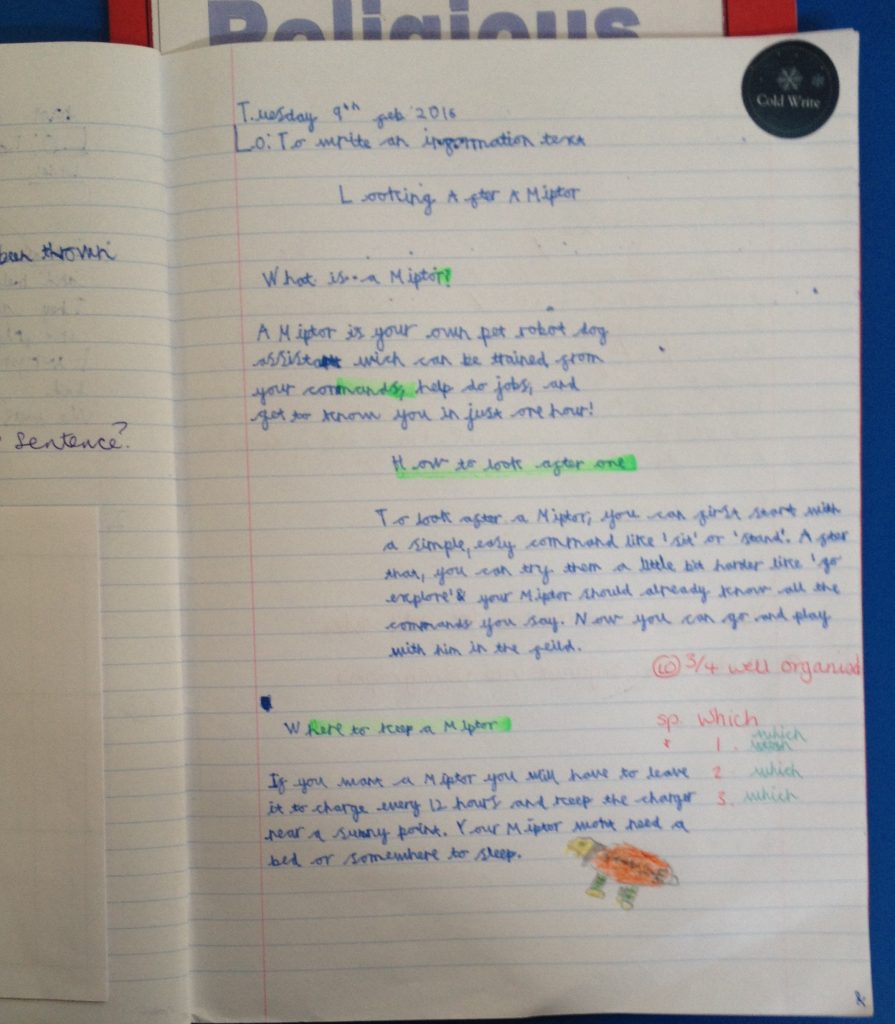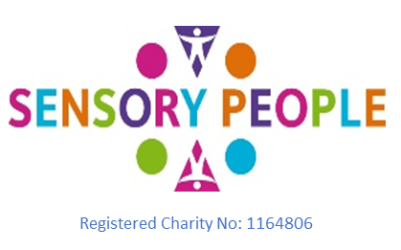As told by his mum, Daisy.
A Health visitor told me she thought Harry could be autistic and it was picked up when he went to nursery aged four. Four long years when he always seemed to be in trouble, rolling on the floor, not sitting on a chair like the other children, disruptive and all over the place, but somehow, I knew he wasn’t being naughty.

Harry is fourteen now and I also have a daughter Lucy, six years older than Harry. As a single mum, life hasn’t been too easy, especially when it became obvious that Harry was ‘different’. Actually, he was a problem right from the start, always crying and moaning, never settling and very active, rushing around all the time with no sense of fear. He was late with his toilet training but also he didn’t seem to feel pain, hunger or thirst so that the first I would know of it would be a total meltdown. His sister hated this, especially if it happened somewhere busy like in the supermarket, or when we were at church. It was hard for me too as sometimes people would come up to me in shops and tell me to control my child.
You’d have thought that teachers would know how to cope – they are trained in autism but didn’t seem to understand about sensory difficulties which are a bit different. At this time, aged five, Harry couldn’t sit still, couldn’t read or write and was constantly dashing around and making noises. It was awful, especially as I knew he wasn’t stupid but nobody seemed to be able to manage him except for one teacher who got to recognise when he needed a bit of time out.
Meanwhile, Lucy was doing brilliantly at school but I felt I was being torn in two, desperately trying to support these two very different children and without a partner to support me. One Sunday when I was really at the end of my tether, I burst into tears when a friend asked me how I was because I felt that nobody understood what it was like for me and Lucy, living with this crazy kid. I’d looked at special schools but somehow, they didn’t feel right for my intelligent chaotic little boy. His organisational skills were hopeless so I had to do everything for him and walking to school was a nightmare because he would sometimes lie down on the pavement and refuse to move!
The friend whose shoulder I had cried on, knew Marion and suggested I try her Sensory Integration Therapy sessions. We had to wait several months, but oh my goodness, it was worth it. The change in Harry was little short of miraculous although quite what she did that made such a difference, I’m not really sure. Within a few weeks, Harry started to calm down, to the extent that he was able to sit still and concentrate on his writing.

By the time he left Primary School he’d changed from an unmanageable little boy who didn’t engage at all with the other children, to one who enjoyed friendships in the therapy space and who did really well in his SATS and went on to mainstream secondary school where he made friends who accepted him. His school report was as follow:
He’s still a bit different, but they like him. Now he’s in top sets for maths and English and loves music, statistics and trampolining. He’s also passed his Grade 4 flute and has joined an orchestra. He has even climbed Snowdon twice!


Finding himself at the top of Snowdon Harry reflected on his achievement, he was so pleased and his family were so proud of him what a long way he had come from the days when walking him to school was a nightmare because he’d sometimes lie down on the pavement and refuse to move!
With support he managed to go on a week’s outward-bound adventure in Wales this past summer, despite knowing no one there. He went climbing, hiking, went on two overnight camping expeditions and, most significantly, coped with meeting a whole group of new people. I’m so proud of him.

What’s more, he has a much better relationship with his sister, who is now at University, and I can see that Harry might well achieve the same. At school, they are supportive and have zero tolerance of bullying. Time pressure stresses him a bit but I’ve raised that with his teachers and he was allowed extra time for SATS so I’m hoping that will be possible when he gets to his GCSEs. It’s well worth establishing good contact with teachers so that they find ways of helping children before things fall apart.
Yes, this has taken a long time and things still aren’t plain sailing but I have moved from a sense of desperation at what was to become of my sad, chaotic, little boy to one of joyous hope for his future.
(Written in Autumn 2021)
Post script – Harry’s mum Daisy is now undertaking her post graduate training in (Ayres) Sensory Integration Therapy and is working with Sensory People to help other children, who, just like her son Harry, are very often misunderstood and are desperately in need of therapy.
